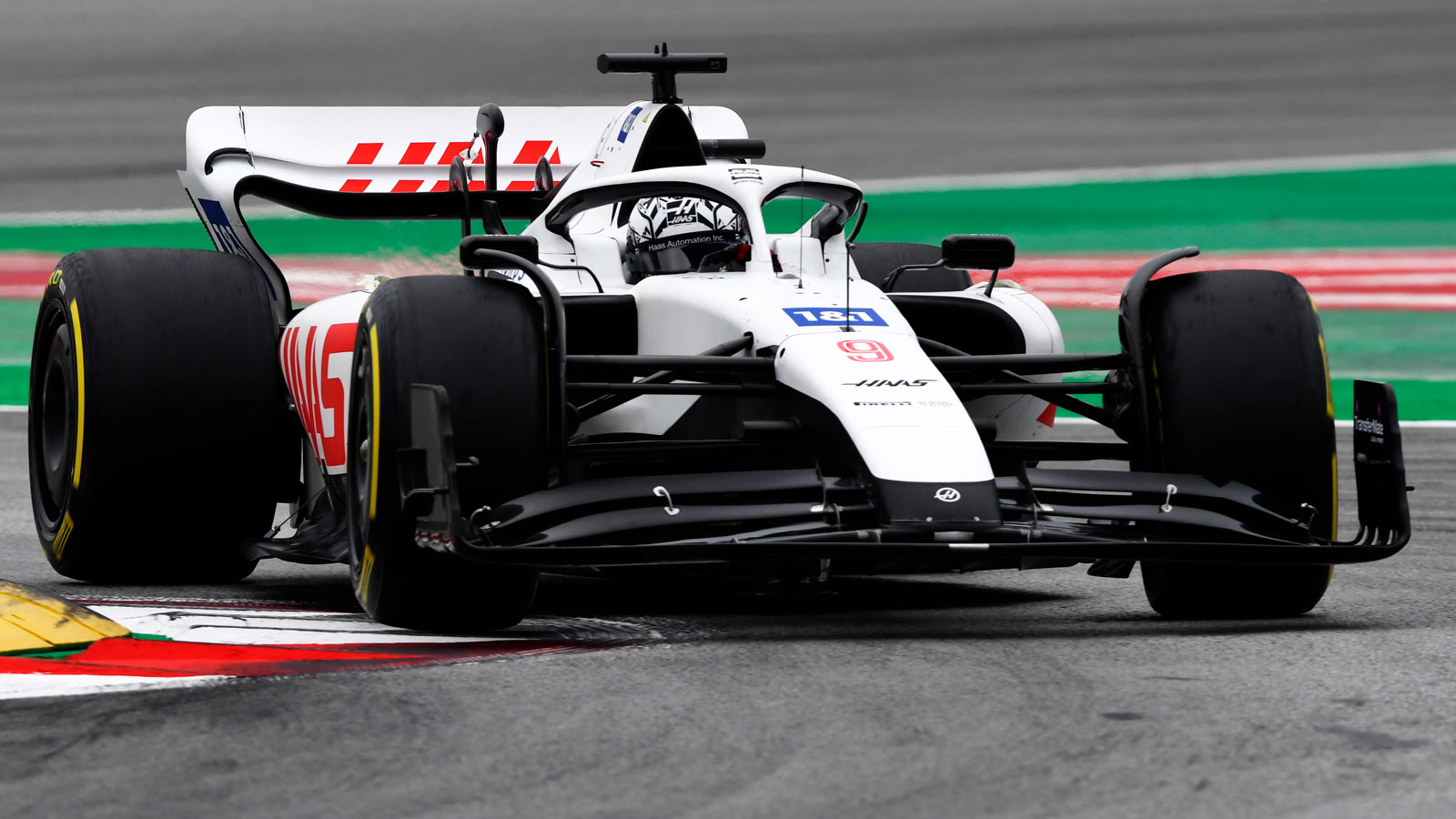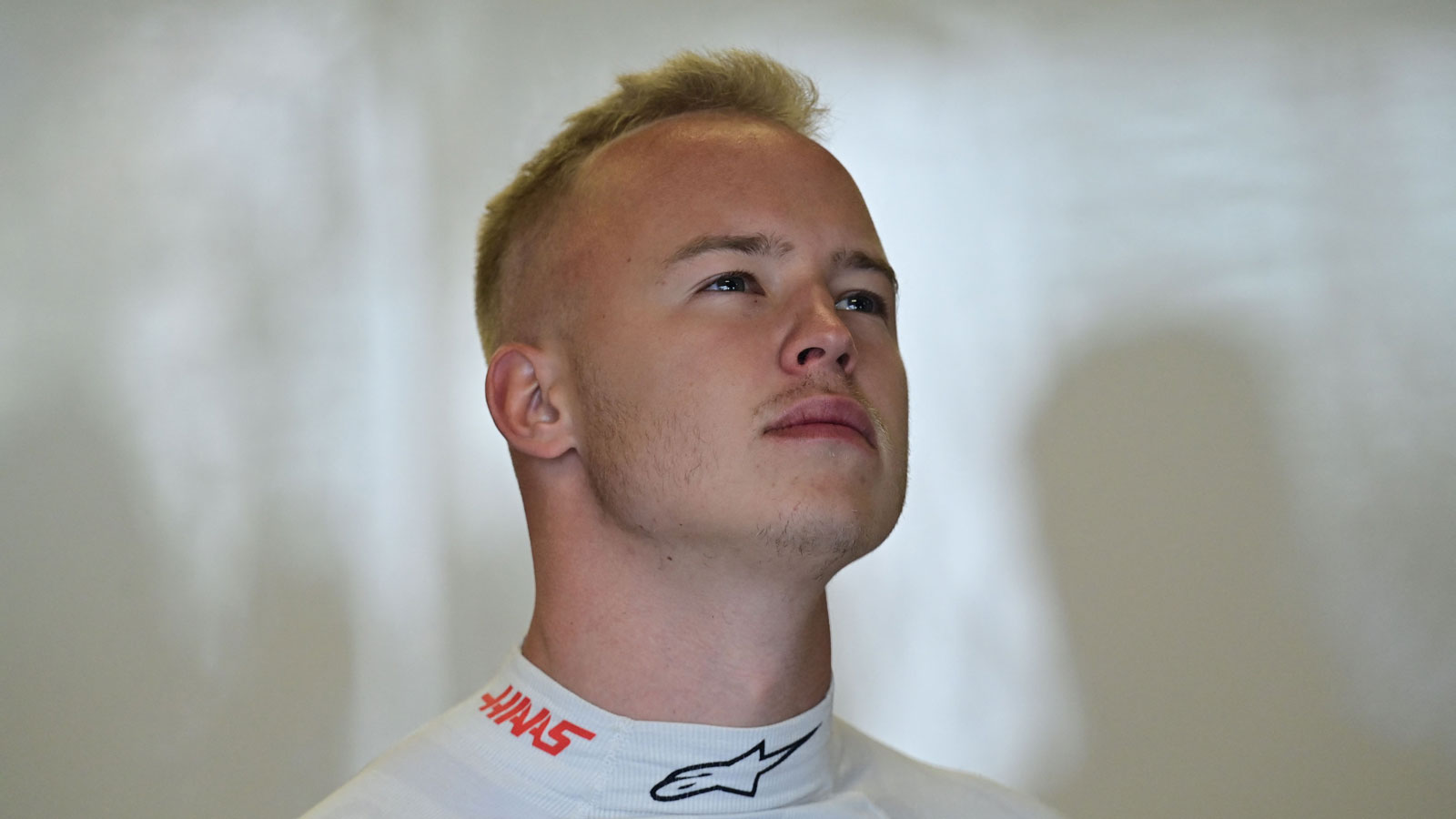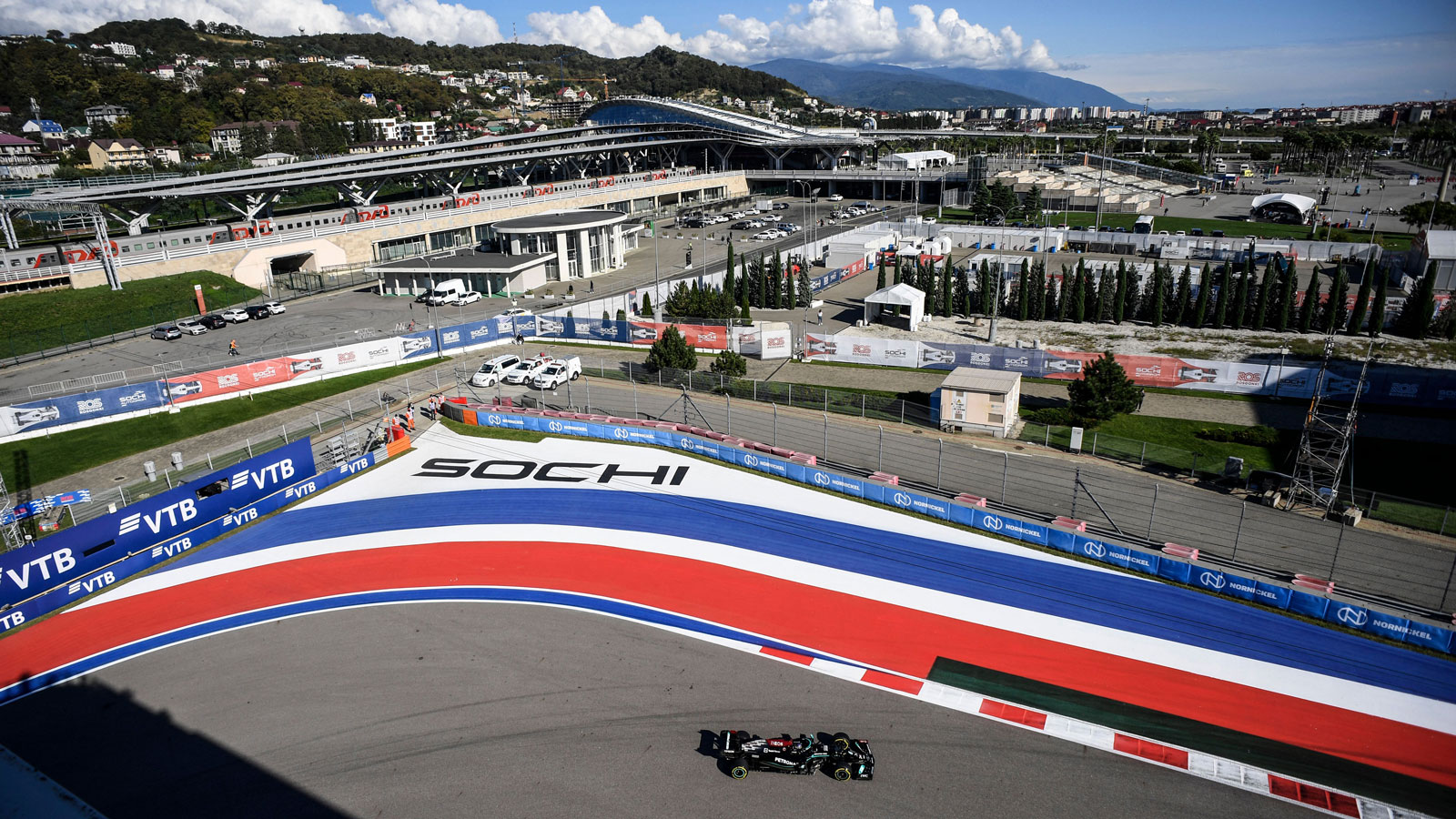F1: It's 'Impossible' To Host The 2022 Russian Grand Prix
Formula 1 canceled the Russian Grand Prix and says it is “impossible” to hold the event in the “current circumstances.”
For the first time in three years, Formula 1 was hoping to have a stable calendar of races in 2022. After canceling, postponing and rescheduling events through 2020 and 2021 due to the ongoing coronavirus pandemic, the sport was looking forward to a stable year in 2022. But, after Russian forces invaded Ukraine on Wednesday night, it was clear this couldn't happen.
F1 has raced at the Sochi Autodrome on the shore of the Black Sea in Russia since 2014. This year was set to be the final race held at the track, which is constructed around the 2014 Winter Olympic village.
But now, F1 management has come together with the teams and stakeholders to confirm that this year's event cannot take place.

In a statement released this morning, F1 said:
"The FIA Formula 1 World Championship visits countries all over the world with a positive vision to unite people, bringing nations together.
"We are watching the developments in Ukraine with sadness and shock and hope for a swift and peaceful resolution to the present situation.
"On Thursday evening Formula 1, the FIA, and the teams discussed the position of our sport, and the conclusion is, including the view of all relevant stakeholders, that it is impossible to hold the Russian Grand Prix in the current circumstances."
The move is without doubt the right decision for F1 to make. It also follows four-time world champion Sebastian Vettel's announcement yesterday that he would boycott the event if it were to take place.
Vettel's comments followed the news that Russian president Vladimir Putin had ordered his troops into Ukraine to undertake "special military operations." The move has since been condemned by world leaders, including U.S. president Joe Biden who said "the world will hold Russia accountable."

In the day following Russia's invasion, countries around the world announced sanctions on businesses and high-net-worth individuals from the country. Some of these sanctions look to be hitting the Haas F1 team, which is sponsored by Russian oligarch businessman Dmitry Mazepin and his potash production company Uralkali.
In F1 testing yesterday, the team announced that it would strip all Uralkali branding from its cars and trucks. The team also dropped the red and white stripes from its livery, which bare a striking similarity to the Russian flag.
The future of Haas F1 driver Nikita Mazepin has also been thrown into doubt, as his seat with the team is directly linked to the Uralkali sponsorship.
